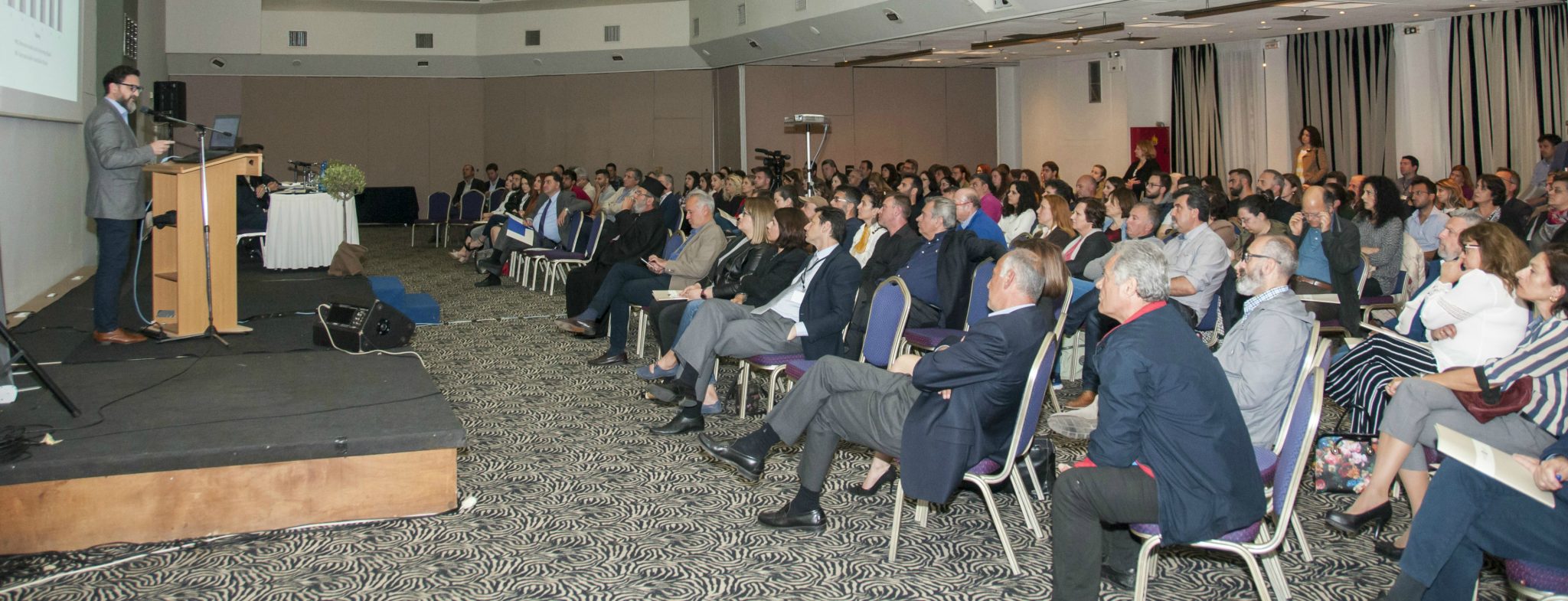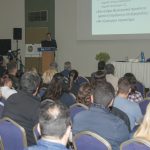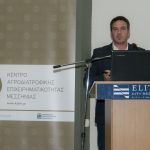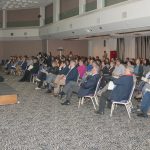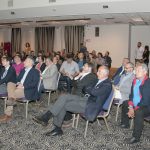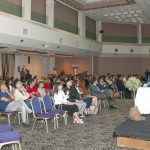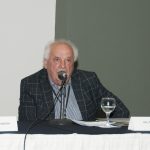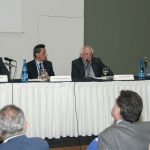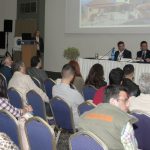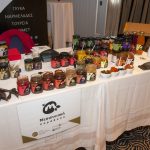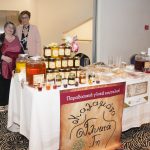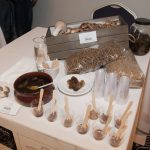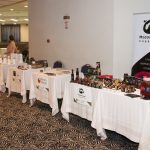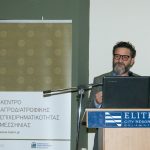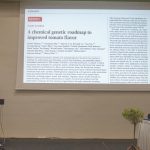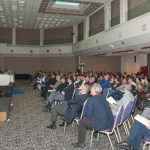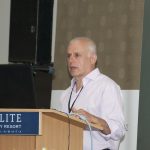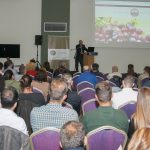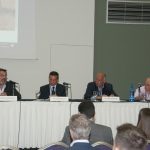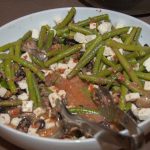ACTION
Entrepreneurship in the agri-food sector was the focus of the seminar organized by the Center for Agri-food Entrepreneurship in Messinia (CAEM) on Monday, May 13, in Kalamata. During the proceedings, distinguished scientists and successful entrepreneurs imparted their knowledge and experience on agri-food entrepreneurship issues. The aim of the seminar was to highlight the requirements, critical points and collaboration strategies in order to create a successful agri-food business.
The talks’ program was as follows:
Dr. Anastasios Darras, Assistant Professor at the University of Peloponnese, gave the introductory talk, presenting a review of his research on endemic aromatic/medicinal plants undertaken in collaboration with the “Captain Vassilis & Carmen Constantakopoulos” Foundation. Mr. Darras referred to the plant propagation and cultivation protocols, as well as the results of the biochemical analyses of plant species, with emphasis on their health promoting properties. He analyzed ways of utilizing research data on Mediterranean floricultural and endemic species and provided evidence and examples for the promotion of Mediterranean plants through the creation of “smart” production units and collaborative schemes.
Mr. Filopemen (Makis) Papoulias, an active businessman and the brain behind “Arkadiani,” presented the well-known and beautiful multi-purpose venue, located in the village of Psari, in Trikoloni, Gortinia. “Arkadiani” is an agritourism unit on a 2,5-acre plot comprising stone and wood buildings, created with respect for the natural environment and the village’s style. It is run by young people who all come from the same place; the creator is also a volunteer there, along with a team of people from the village, all of them contributing to bringing a once-deserted area to life. The products they produce, in addition to being sold at the small shop within the main building, are distributed in beautiful packaging in Greek stores or online via their website.
Mr. Costas Delis, Assistant Professor of Plant Biotechnology and Genetics at the University of Peloponnese, discussed the conclusions of his five-year research on the traditional tomato variety named “Chondrokatsari.” He made a case for why traditional varieties are worth studying, and through a series of examples analyzed the differences between traditional varieties and hybrids. He then presented in-depth findings of the research on the “Chondrokatsari” tomato regarding the variety’s fruitfulness, post-harvest life and “microbiome.” He expressed his ultimate goals as being the systematic sowing of disease-resistant seedlings and the emergence of the Technological Institute of Peloponnese as a “preserver” of the “Chondrokatsari” tomato and other traditional Greek varieties.
Mr. George Kokkinos, President of the “Nileas” Producer Group, provided clear answers to key questions about producer groups, such as: what they are, how they are formed, how they are different to cooperatives and what their benefits are. He also provided useful information on producer groups’ certification and legal entity formation, expressed his opinion on factors that affect a producer group’s success, discussed the weaknesses of Greek agriculture, and offered his suggestions on how to improve cooperation.
Next speaker was Mr. George Papadopoulos, President of the “Macedonian Vineyards” Producer Group, who presented the “Crimson” Grape Producer Group. The group was founded in Kilkis in 2015 by 16 farmers, all committed to quality and extroversion, their purpose being to produce high added value products. The group members adopted the use of meteorological stations and ground sensors, which allow them to minimize inflow, maximize quality and optimize crop yields. The data analysis and interpretation services, as well as the agronomic guidance of the group, are provided by the American Farm School in Thessaloniki.
A discussion with the audience followed, where questions were addressed to the speakers and opinions were expressed. The seminar was coordinated by Dr. George Papageorgiou, from the American College of Greece.
Dr. Philippos Papadopoulos, Director of the Strategic Project Management Office of the American Farm School in Thessaloniki, closed the seminar by presenting the Center’s progress since its inception, the consulting services it provides to start-ups and its future goals.
